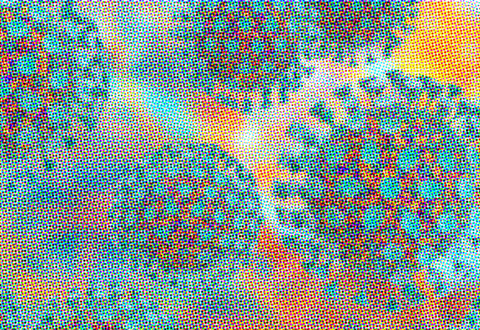New report shows sustained investment is needed to eliminate hep C by 2030

A new national report released in October by the Burnett Institute and Kirby Institute has highlighted a decline in hep C testing and treatment uptake. The report – Australia’s progress towards hepatitis C elimination 2021 – notes that, although there has been some good progress in earlier years, the current trend puts Australia at risk of not achieving its target of eliminating hep C as a “public health threat” by 2030.
Declines in hep C testing and treatment in 2020
There was a decline in testing, in 2020, for both hep C antibody and for RNA testing (used to detect current infections).
The report adds that the same trend has been observed for the uptake of direct-acting antiviral (DAA) treatment for hep C. Unfortunately, 2020 was the first year since the start of the DAA program where less than 10,000 people were treated. Critically, COVID-19 is likely to have impacted both testing and treatment uptake. It is a impact that can expected to feature in testing and treatment rates in 2021 also.
Since DAA treatments were introduced in 2016, close to half of the people living with hep C at that time have now been treated. However nearly 120,000 Australians still need treatment. There is an urgent need to engage with this group who have not accessed treatments and some of whom may not know they have the virus.
Innovation and engagement required to reverse trend
There is a need to find additional innovative ways to engage with communities, and to look at how we help those who have hep C – undiagnosed and diagnosed – to get care. This includes simplifying access to treatment, addressing stigma and discrimination and extending the use of peer workers to better reach priority groups.
The report’s findings highlight the need for immediate and sustained investment in community, education, and clinical programs to increase hep C awareness, testing and treatment. Modelling outlined in the report shows these type of investments would be highly cost-effective in the long-term.
Huge net economic benefits to be made from investments
Maintaining the same testing and treatment rates from the last five years up to 2030 would help prevent 15,700 new infections and 8,500 deaths over 2016–2030. Economic modelling in the report indicates current investments would become cost-saving by 2022 and go on to have a net economic benefit of $5.7 billion by 2030.
However, scaling-up testing and treatment is required to reach hep C elimination targets by 2030. It would also avert an additional 10,000 new infections, increasing the net economic benefit at 2030 by a further $272 million.
Person-centred and community-focused approach is critical
With strategic investment and concerted effort Australia can eliminate hep C by 2030. Centring on people impacted by hep C will be critical to this achievement. A comprehensive response is needed including prevention, harm reduction, testing, diagnosis, treatment, and post-cure support.
Australia has a once in a generation opportunity to eliminate a disease that is a leading cause of liver cancer. We must ensure that no one is left behind in achieving the goals of the National Hepatitis C Strategy.
- Read Australia’s progress towards hepatitis C elimination >>>CLICK HERE
- Read original Burnett Institute media release >>>CLICK HERE
Learn More About Hep C
Want to find out more about hep C? We’re here with loads of resources to help you make the best health choices for you. Our hepatitis C FAQs aim to quickly answer the most commonly asked hep C questions. You might have had hep C for several years, or you might have been diagnosed with hep C recently. In any case, our hep C FAQs are for you.
You can also call the free Hepatitis Infoline to speak to someone who knows a lot about hep C, and who can help you decide what’s best for you and your health. Call 1800 803 990 today.
Originally published in The Champion eNews #101






